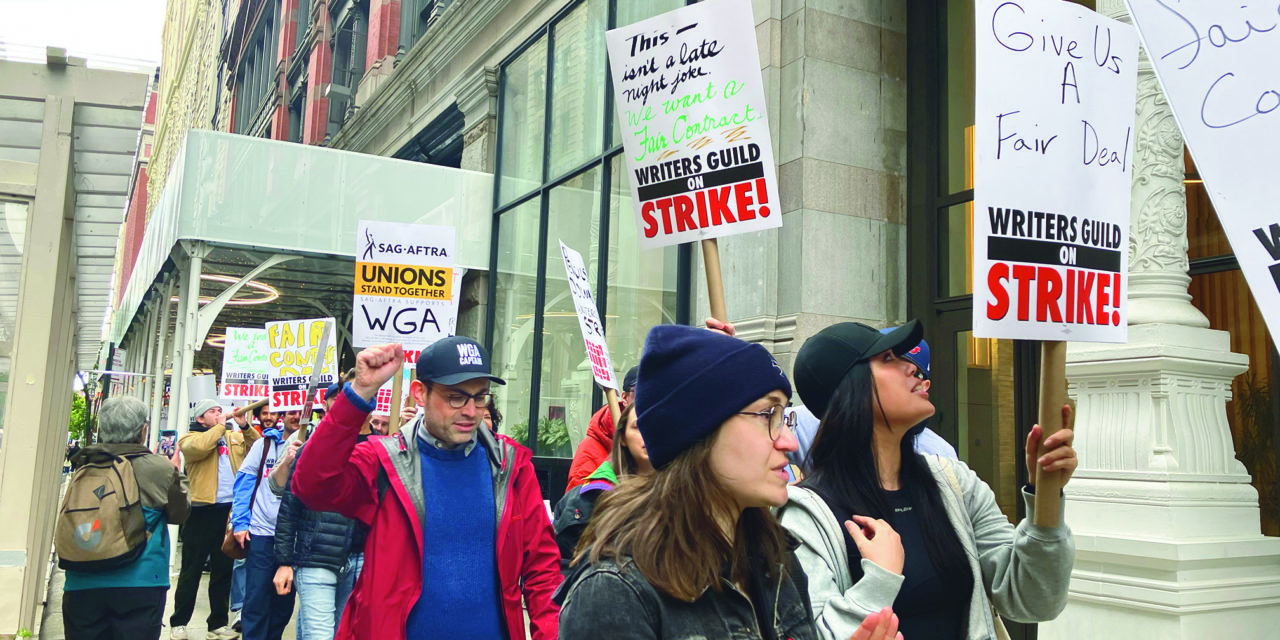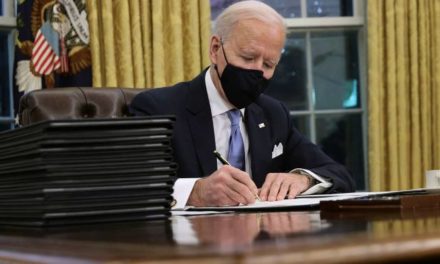The 2023 Writers Guild strike is so big that it has its own Wikipedia page. On that page, the strike is characterized as the “largest interruption to American television and film production since the COVID-19 pandemic in 2020, as well as the largest labor stoppage the WGA has performed since the 2007-08 strike,” the site notes.
The strike began on May 2 when the WGA, which represents approximately 11,500 members who write the Hollywood shows and movies we watch, and the Alliance of Motion Picture and Television Producers (AMPTP) failed to reach an agreement. Since then, the WGA members have walked picket lines at studios across the Country.
A strike like this has major economic implications. The 2007-08 strike lasted 100 days and cost $2.1 billion to California’s economy alone.
Writers Aren’t Rich and Streaming and AI Will Keep it That Way
Alex O’Keefe is a writer for what has been hailed as one of the best shows on TV: FX’s The Bear. But when the show won the WGA Award for Comedy Series, O’Keefe had a negative amount in his bank account and had to buy his tuxedo on credit. The small apartment he lives in in Brooklyn doesn’t have heat, and he says that he couldn’t run space heaters without blowing a fuse.
O’Keefe is a WGA member and is currently on strike for better wages and benefits, “and the only future I’m seeking financially is to enter that middle class, which has always been rarified for someone who comes from poverty… I thought we would be treated more like collaborators on a product. It’s like an assembly line now.”
In March, the WGA released a report, “Writers Are Not Keeping Up” that chronicles how companies have used the transition to streaming to cut writer pay and separate writing from production, worsening working conditions for series writers at all levels.
According to the report, “on TV staffs, more writers are working a minimum regardless of experience, often for fewer weeks, or in mini-rooms, while showrunners are left without a writing staff to complete the season.”
The report goes on to says that screenwriter compensation has “also stagnated over the past four years. Their pay is often stretched out over many months and can be held hostage by producers’ demands for free work. Particularly for screenwriters working at or near the Minimum Basic Agreement (MBA) minimum.”
WGA says that half of series writers now work on streaming projects that are short orders, separate writing and production, lack a season calendar, and have depressed writer pay.
As the chart from the WGA report shows, at every job title, more writers work at MBA minimum now than a decade ago. In the 2013-14 season, 33 percent of all TV series writers were paid minimum; now half are working at minimum. Increasing numbers of seasoned writers, including showrunners, are paid no overscale premium for their years of experience.
In addition to falling weekly pay, WGA says that most writers on streaming shows are earning less per season because of shorter work periods. In the following chart produced by WGA, the new “typical” employment for lower-and mid-level writers on a streaming series is 20-24 weeks, or only 14 weeks if the room is convened without a series order. Showrunners, on the other hand, are working almost the same number of weeks in streaming as they do in broadcast, reflecting the true length of time these series take to complete.
Artificial Intelligence (AI) is also of concern for Hollywood writers. “I hope I’m wrong, but I do think that the use of AI is going to take over the entertainment industry,” said Justine Bateman, a member of the writers, directors, and actors’ guilds. “And I think it’s going to be really bad.”
Generative AI would drastically change the entertainment industry. Advocates for the new technology see it as an opportunity break down barriers to entry into the profession.
“It’s going to be very soon until we can literally just type in a prompt and see something as a consumer,” said AI filmmaker Caleb Ward. “And you don’t have to have any sort of skills as a visual effects artist or as someone in the entertainment industry.”
But writers like Bateman say that the technology would cost jobs. “The way AI works for someone who doesn’t know or generative AI, I’ll simplify it, it’s like a box. It’s say you want it to write books, you feed it a bunch of books, and then you give it a task, write me a book about pandas and outer space, and it’ll spit out that book,” Bateman told USA Today. “So you can imagine for screenwriters, you feed it all these scripts that all these screenwriters have written, and then you give it a task, give me a script about pandas and outer space and it’ll spit it out.”
The WGA in its negotiations is demanding that regulatory standards be set around the new technology to ensure fair labor conditions and compensation for Hollywood professionals.
Writers Guild of America 2023 Strike








